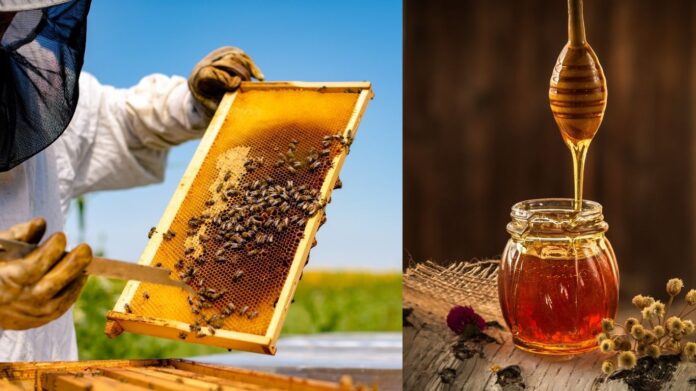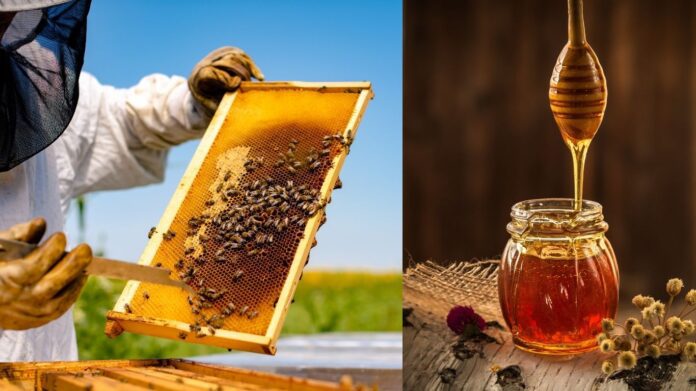Honey Value Chain Development: Empowering Beekeepers for Sustainable Success
In recent years, the honey industry has witnessed a remarkable transformation, thanks to the collaborative efforts of beekeepers and stakeholders involved in the honey value chain. Beekeepers in various regions have come together to form partnerships with processors, distributors, and retailers, fostering a robust and sustainable honey value chain. This collaborative approach has not only enabled market access for beekeepers but also ensured stringent quality control and fair prices for their prized honey products.
Building the Honey Value Chain
The journey of honey from the beehive to the market shelf involves several crucial steps, and each stage holds significance in the value chain. Beekeepers, as the primary producers, work diligently to maintain healthy and thriving bee colonies. They ensure the bees have access to abundant and diverse sources of nectar, thus producing high-quality honey.
As the honey is harvested, it moves to the processing stage. Processors, equipped with modern technology and expertise, carefully extract and filter the honey, retaining its natural goodness and flavors. Strict adherence to hygiene and safety standards ensures that the honey maintains its purity throughout the process.
Collaboration and Market Access
One of the significant challenges for individual beekeepers was accessing broader markets for their honey. However, through collaborations with distributors and retailers, beekeepers can now reach a wider audience. Distributors play a crucial role in bridging the gap between producers and consumers, ensuring a steady flow of honey to retail outlets and various commercial establishments.
Retailers, recognizing the value of quality honey, are more than willing to offer shelf space to these beekeepers’ products. This, in turn, benefits the beekeepers by providing a sustainable market for their honey.
Ensuring Fair Prices and Sustainability
Fair pricing for honey is essential to support beekeepers’ livelihoods and motivate them to continue their efforts in maintaining healthy hives. Collaborating with distributors and retailers who value ethical trade practices and uphold fair pricing principles ensures that beekeepers receive just compensation for their hard work.
The collaborative nature of the honey value chain encourages a mutually beneficial relationship among all stakeholders. Beekeepers find a stable market for their honey, processors receive a continuous supply of raw material, and distributors and retailers offer consumers the finest quality honey.

The development of the honey value chain through collaborative efforts has been a game-changer for beekeepers and the honey industry alike. By working hand in hand with processors, distributors, and retailers, beekeepers have gained access to broader markets, ensured quality control, and received fair prices for their honey products. This not only empowers beekeepers economically but also promotes sustainable beekeeping practices and environmental conservation. As consumers continue to savor the diverse flavors of honey, they can take pride in knowing that each jar represents the dedication and cooperation of a vast network of stakeholders committed to excellence in the honey value chain.

